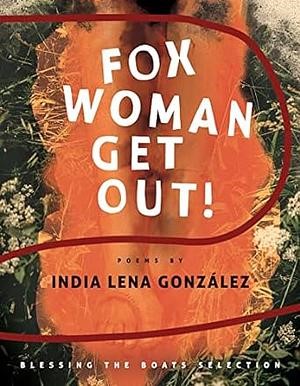
This was the second poetry book in a row, for me, which is rare. But both were quite brief, this one coming in under 100 pages.
This collection of poetry grabs me. It moves me from life to death, and back again (yes, I copied that from the blurb on the book page, but it really does). There is much emotion in this collection of poems. There is also an indigenous feel to it, which I like. There is a lot of exploring of ancestry and myth. I also believe it to be somewhat mystical in nature.
The author is, apparently, a twin, and there is much examination of this in the text of the poems, as well, as she frequently addresses her twin.
There are several that I really liked, but I think my two favorites were “Looking in the Mirror while Trying on Leotards,” and “I’m A Black Black Black Black Black Black Tan Woman” (I think I got enough “blacks” in there). In the latter of those, this line occurs: “I can’t talk about my black because it ain’t their black so I just ain’t black.”
In “una parda, which is me” (p. 17) she writes,
“i am naked & without clothing
i am the roasted house slave
i am the white man’s leftovers
i am the white woman’s hate
i am the high highfalutin rape
smudge it & start again”
There’s humor in here, as well. In “FIERCER STILL, FIERCER YET,” she writes, “in the yearbook i was named ‘most likely to kill someone with my eyes,'” and then a little bit later, “WATCH ME WRITE IN ALL CAPS SUCKA.” There is even an entire poem that is written in all caps, and enlarge don the page. Ironically, the title of that poem is “desert room #2 (santo domingo pueblo),” in all lower case letters.
The presentation of the book is diverse and engaging. There are some poems that are all left-justified on the page, and quite a few where the lines are kind of all over the place. Sometimes, the poet uses capitalization and punctuation, and other times not. I think it depends on the intent (and intensity) of the poem.
I found this to be a very engaging collection and really enjoyed Ms. Gonzalez’s work. I also enjoyed how she put an emphasis on dance in some of them, as she is a professionally trained dancer.
I will end this with what I believe to be my favorite line in the whole book.
“i . am . not . tethered . to . this . wor(l)d .
I HAVE TO SAY THAT
CLEARLY AT LEAST ONCE
i . am . not . tethered .”
TTFN, y’all!
